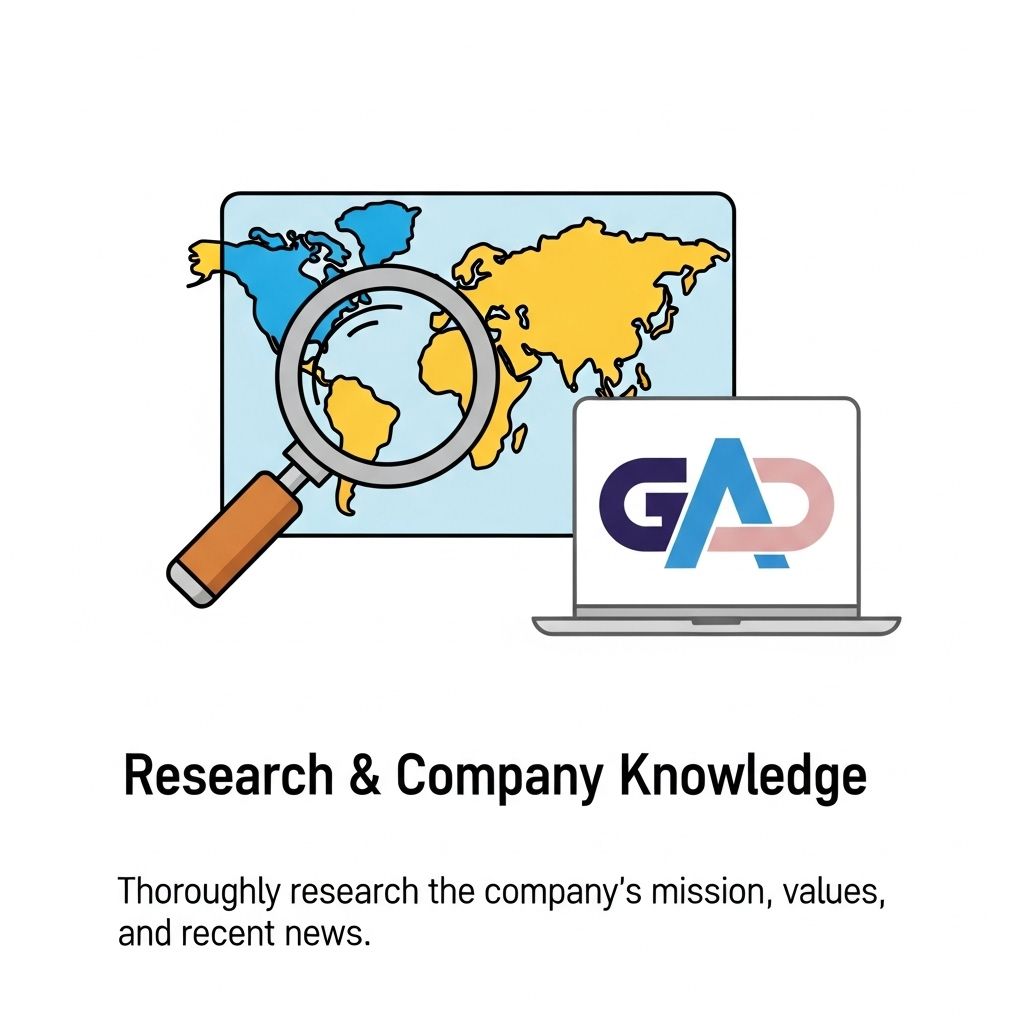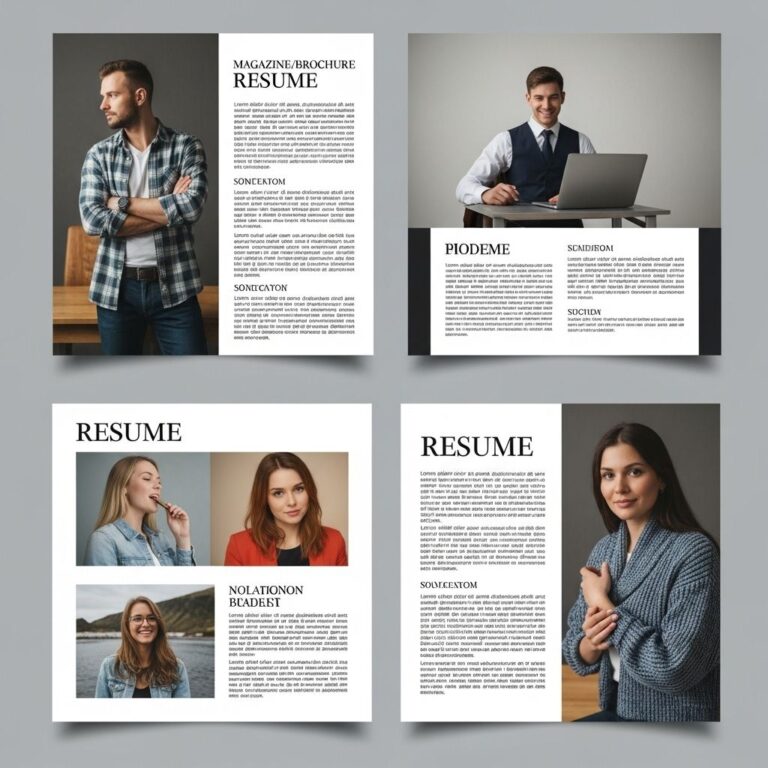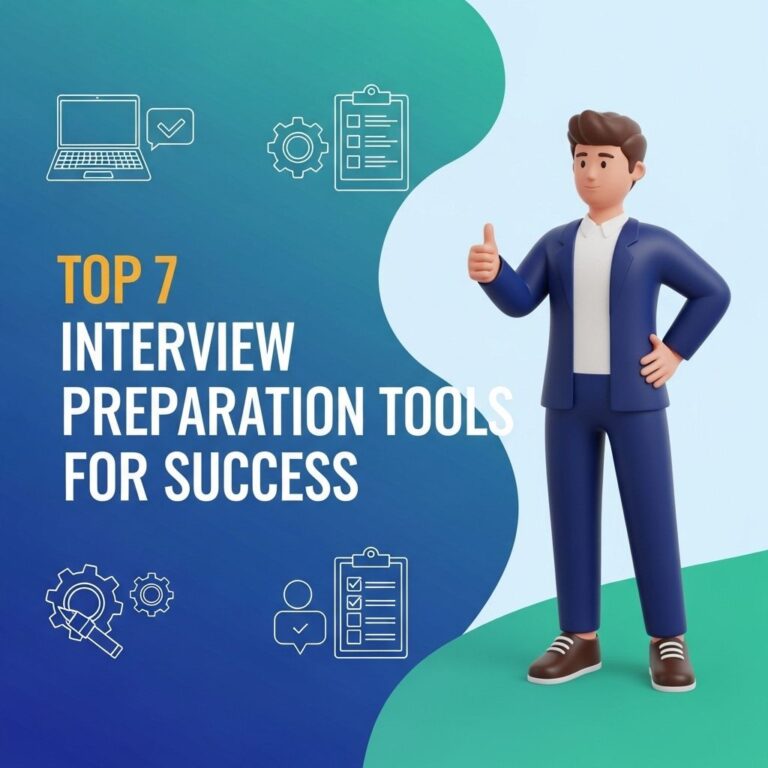In today’s competitive job market, preparing for an interview goes beyond just rehearsing answers to common questions. It involves utilizing the right tools and resources to make a positive impression and stand out from the crowd. Whether you are a seasoned professional or a recent graduate, having the right tools can enhance your performance and boost your confidence. In this article, we will explore five essential tools that can help you ace your job interviews.
Table of Contents
1. Video Conferencing Platforms
With the rise of remote work and virtual interviews, being proficient with video conferencing platforms is crucial. These tools not only facilitate communication but also allow you to present yourself in the best light. Here are some popular options:
- Zoom: Widely used for both interviews and meetings, it offers features such as screen sharing and recording.
- Microsoft Teams: Especially useful for candidates applying to companies that use Microsoft products.
- Google Meet: A web-based tool that requires no downloads and integrates well with Google Calendar.
Tips for Video Interviews
- Ensure your technology works properly before the interview.
- Dress professionally, just as you would for an in-person meeting.
- Choose a quiet and well-lit location to minimize distractions.
- Maintain eye contact by looking into the camera instead of the screen.
2. Resume Building Tools
Your resume is often your first impression on a hiring manager. Utilizing a resume building tool can streamline the process and ensure your resume looks polished. Some popular options include:
| Tool | Features | Cost |
|---|---|---|
| Canva | Offers customizable templates and design elements. | Free with premium options available. |
| ResumeGenius | Step-by-step guidance for creating resumes and cover letters. | Subscription-based. |
| Kickresume | AI-based suggestions for content and formatting. | Free basic version; paid versions available. |
Best Practices for Resume Writing
- Tailor your resume to the job description.
- Use action verbs to describe your accomplishments.
- Keep it concise—ideally one page for early career professionals.
- Ensure there are no spelling or grammatical errors.
3. Online Portfolio Platforms
For many professions, especially in creative fields like graphic design, writing, or software development, having an online portfolio is essential. Here are some platforms to consider:
- Behance: Ideal for designers and artists to showcase their work.
- GitHub: A must-have for programmers to display their code and projects.
- WordPress: Perfect for writers and bloggers to create a professional website.
Creating a Compelling Portfolio
- Choose your best work to display—quality over quantity.
- Provide context for each project, detailing your role and impact.
- Keep the design clean and easy to navigate.
4. Mock Interview Platforms
Practicing for an interview is vital, and mock interview platforms can simulate the real experience. These tools often come with feedback mechanisms to help you improve. Some recommended platforms are:
- Pramp: Offers peer-to-peer mock interviews across various fields.
- Interviewing.io: Focuses on technical interviews for software engineering roles.
- Gainlo: Provides mock interviews with experienced interviewers from top tech companies.
Benefits of Mock Interviews
- Helps reduce anxiety on the actual interview day.
- Provides constructive feedback on your performance.
- Familiarizes you with typical interview questions and formats.
5. Networking Tools
Building professional relationships can significantly impact your job search. Networking tools can help you connect with industry professionals and leverage referrals. Here are some tools to explore:
- LinkedIn: The go-to platform for professional networking, offering a vast array of connections.
- Meetup: Great for finding local networking events and meetups in your industry.
- Eventbrite: Provides access to workshops, seminars, and networking events.
Effective Networking Strategies
- Engage with your connections by commenting on their posts.
- Send personalized messages when reaching out to new contacts.
- Follow industry leaders and participate in discussions.
Using these essential tools can significantly enhance your interview preparation and overall job search experience. Remember to stay organized, practice regularly, and maintain a positive mindset. Good luck!
FAQ
What are the essential tools for preparing for a job interview?
The essential tools for preparing for a job interview include a reliable resume builder, a video conferencing platform, a note-taking app, a career research tool, and a mock interview simulator.
How can a resume builder help in job interviews?
A resume builder helps create a professional resume tailored to the job description, ensuring that you highlight relevant skills and experiences effectively.
Why is a video conferencing platform important for remote interviews?
A video conferencing platform is crucial for remote interviews as it allows for seamless communication, ensuring you can present yourself professionally and interact effectively with interviewers.
What role does a note-taking app play during interviews?
A note-taking app allows you to jot down important points, questions, and insights during the interview, helping you to stay organized and engaged.
How can career research tools benefit job applicants?
Career research tools provide valuable insights into companies, industry trends, and job roles, enabling applicants to tailor their responses and demonstrate their knowledge during interviews.
What is a mock interview simulator and how can it help?
A mock interview simulator helps candidates practice their interview skills in a realistic setting, allowing them to receive feedback and improve their responses before the actual interview.









